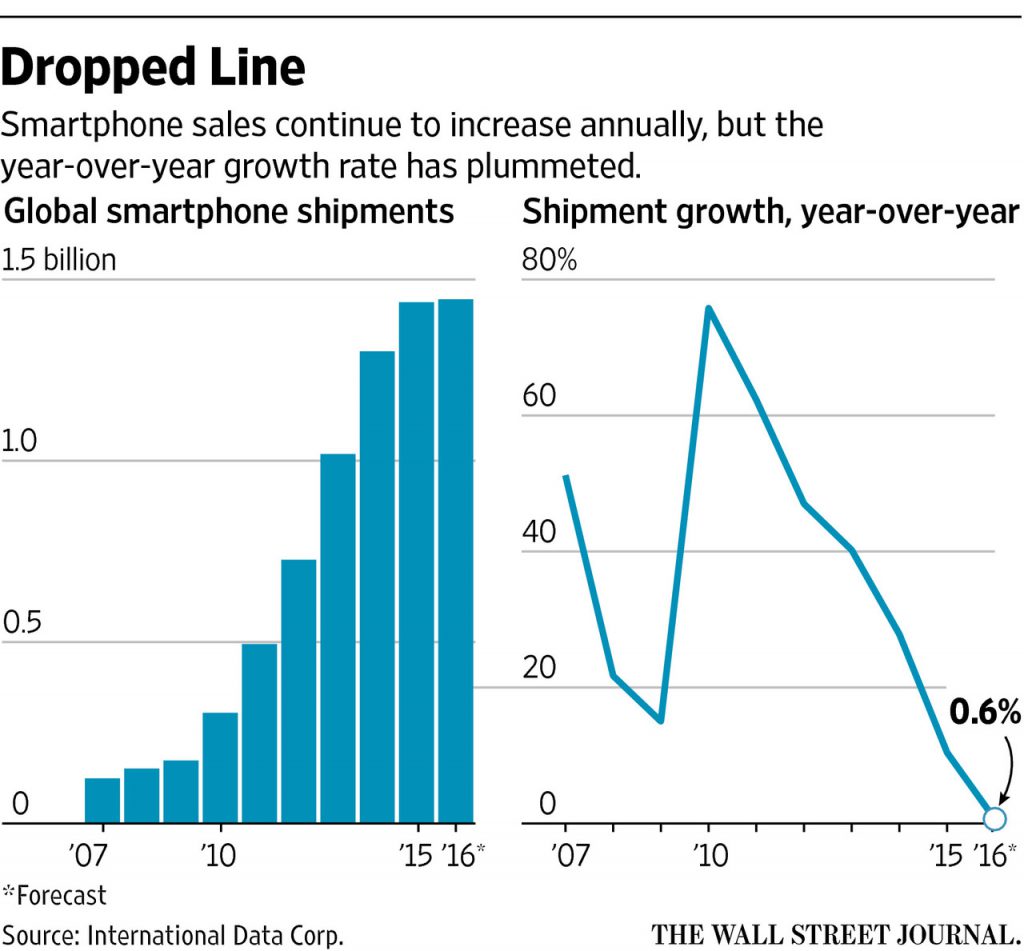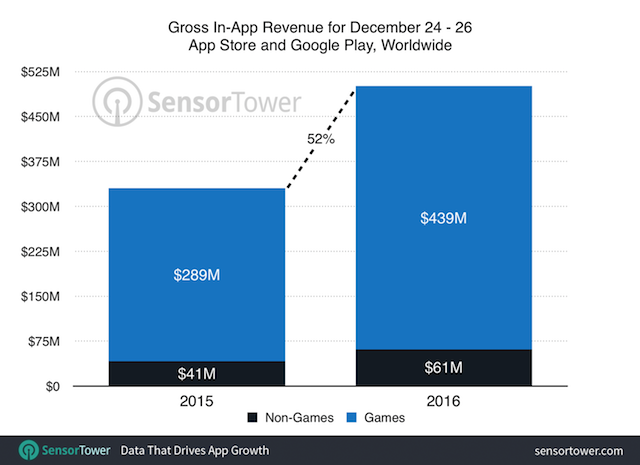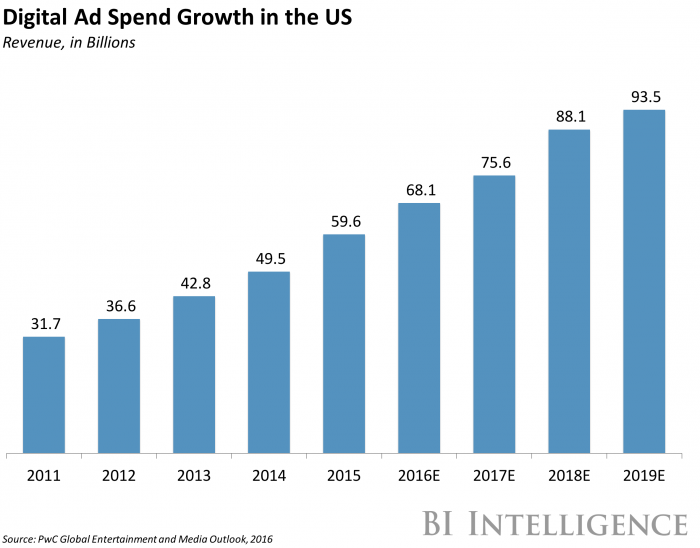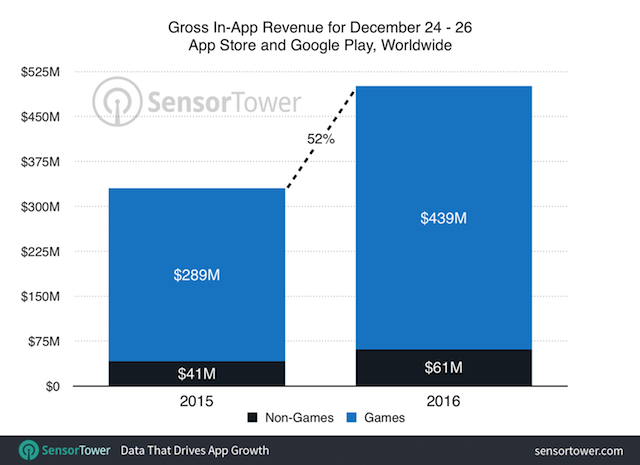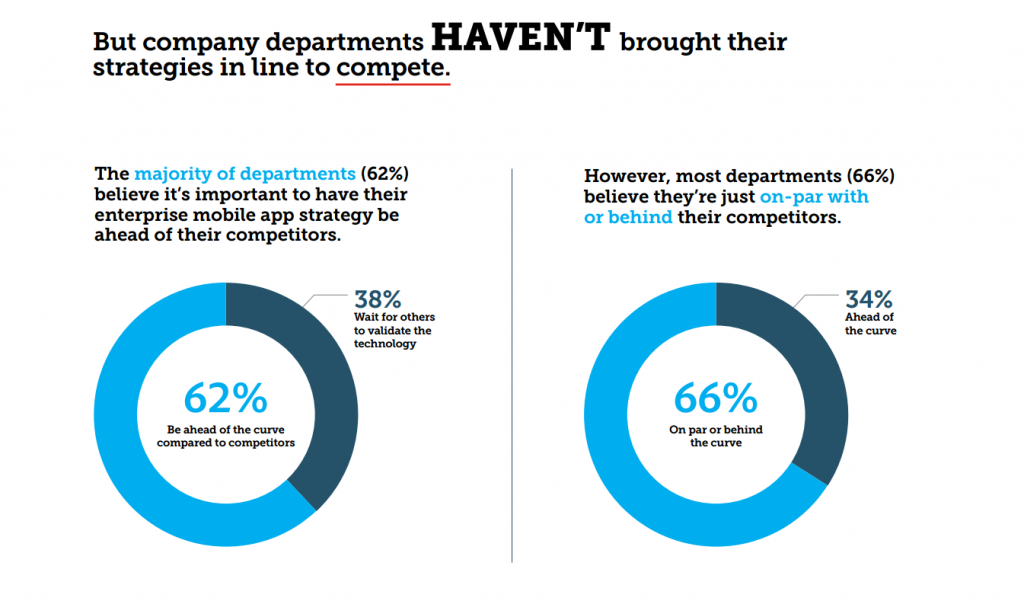The New York Times recently published a piece on the coming Internet of Things (IoT) revolution that read like books about the Mayan calendar 5 years ago. All doom and gloom, it compared the Moche culture’s fear of 800s technology to our “fear” of IoT, and even suggests that the failure of their technology contributed to the civilization’s collapse (as an ominous warning about today’s tech). It’s even titled “The Internet of Things is Coming for Us.”
That’s pretty amazing fear mongering right there.
Should we be worried about IoT?

Any time technology leaps forward, there are doomsayers who think this spells the end for us all. Telephones, television, Wi-Fi, Y2K; heck, people thought the Large Hadron Collider would create a black hole and literally destroy the planet. Yet we’re still here, and still coming up with new gadgets that freak people out.
The IoT is no different. Yes, there are worries about security and privacy. There are concerns from the Federal Trade Commission and uncertainty as to what policies the Trump administration will implement and/or enforce when it comes to connected devices. But those same fears reared up many times in the past with internet passwords, logging on with Facebook across different sites, facial recognition software, cloud storage, and on and on. The result? Breaches and mistakes happen, but we find, fix, and move forward.
This isn’t an issue to gloss over either. The tech industry should always worry about security and customer privacy. It would be reckless to march ahead so hackers could take your social security info from a Wi-Fi dishwasher. Luckily, tech companies like Cisco and Symantec are tackling this head on and from what we’ve seen working with IoT vendors, security is something they’ve all considered from day one.
The benefits of IoT outweigh the risks.
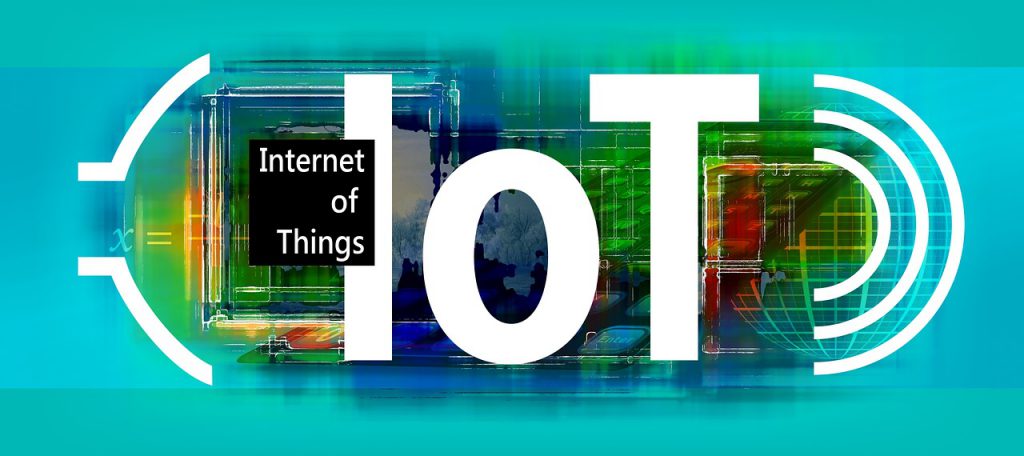
Are we better off today because of the smartphone? Well, we can tailspin into arguments of the collapse of human connection and such, but it’s clear that the mobile workforce has improved our businesses and the economy. The GSMA estimates the mobile economy contributed about $2.4 trillion to the international economy in 2013, which is about 3.6% of the world’s GDP, and estimated to grow to over 5% GDP by 2020. And all that despite numerous security breaches, iCloud hacks, privacy concerns, and even cancer scares. The risks were worth the reward.
The IoT will be similarly disruptive and beneficial, again, despite the risks. IoT is estimated to generate trillions of dollars by 2025 and grow to disrupt, transform, and benefit our daily lives. Optimistic views see boons in transportation, agriculture, and medicine. We’ve been bullish on IoT for years now, and have been active participants in developing apps that have changed the status quo of enterprise-level businesses. It’s exciting to see what’s on the horizon for IoT, even with the huge pressures of making sure we deliver safe and secure software.
Education on the IoT alleviates fear.
The IoT movement is going to happen no matter how many Luddites pen op-eds for the NYT. As we’ve written in the past, it’s time to get on board or be left behind. In our next blog post, we’ll dive deeper into what the IoT means to manufacturers who embrace it, the pitfalls to avoid, and the benefits to reap. Stay tuned.
Are you scared of the coming IoT revolution?





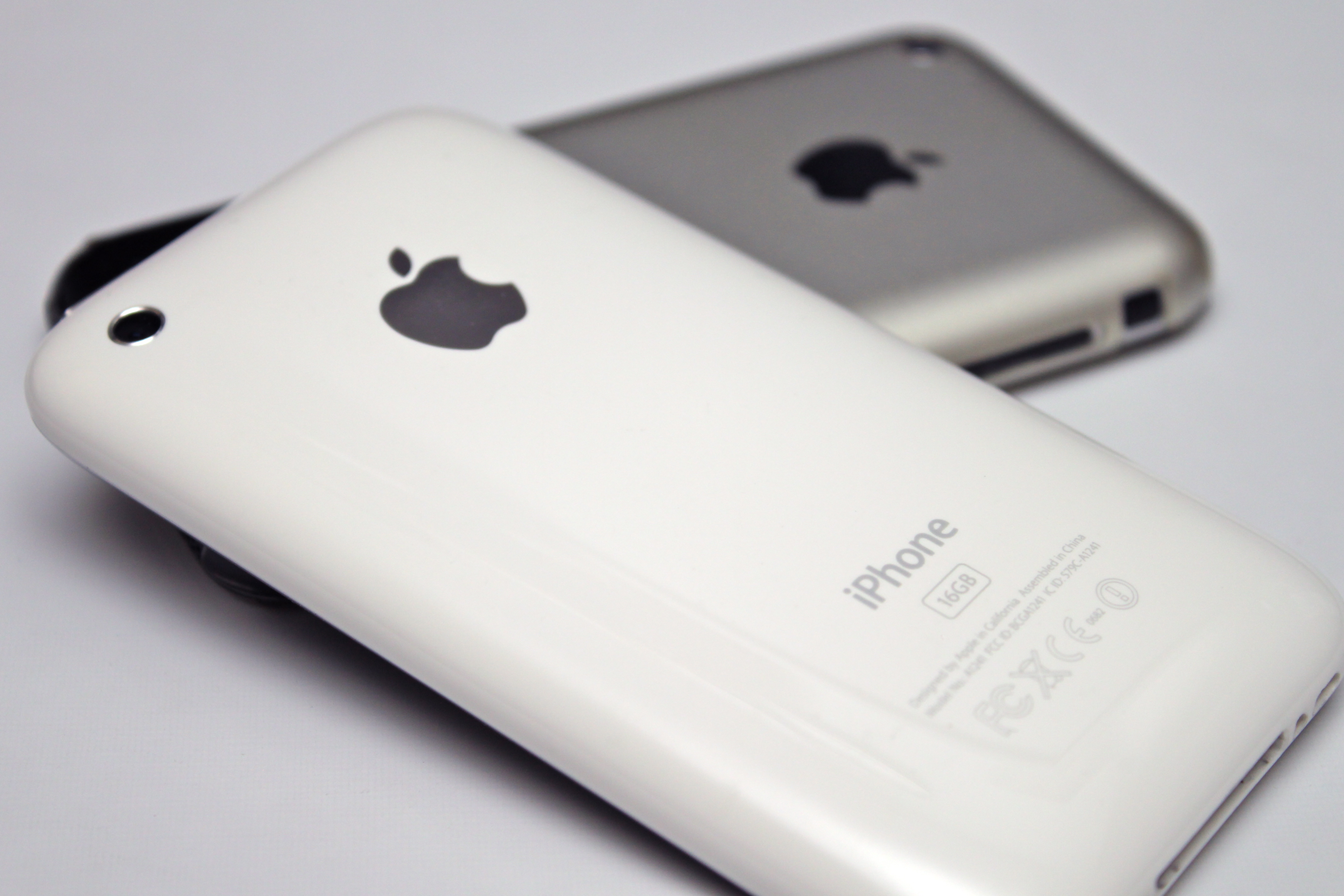
 I didn’t really “get” the iPhone until I held it in my hand when a friend let me borrow his back in late 2007. The first thing I did was bring up the dialer and just that little action was amazing: I was tapping on a flat area of glass and the tiny computer in my hand was actually responding. Much like turning on my first Macintosh computer or rotating the iPod clickwheel, a piece of technology had blown my mind.
I didn’t really “get” the iPhone until I held it in my hand when a friend let me borrow his back in late 2007. The first thing I did was bring up the dialer and just that little action was amazing: I was tapping on a flat area of glass and the tiny computer in my hand was actually responding. Much like turning on my first Macintosh computer or rotating the iPod clickwheel, a piece of technology had blown my mind.